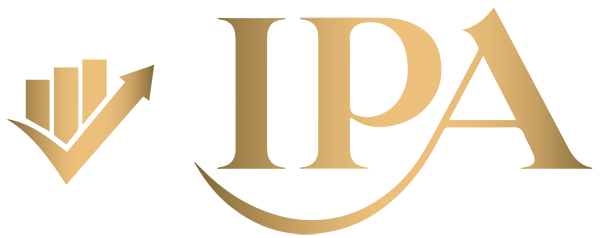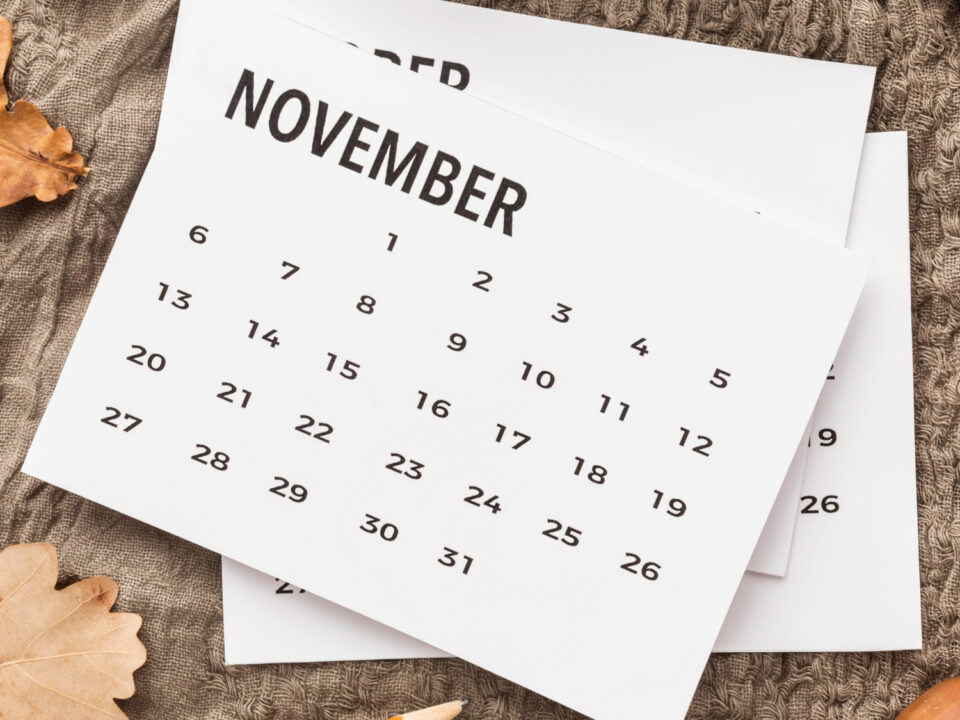
Should You Employ Family in Your Business? What You Need to Know
August 10, 2025What is the recent £150bn tech investment deal?
September 24, 2025Are you selling goods or services on a digital platform? Your 2025 UK tax guide

HMRC reporting rules for digital platforms mean that from 1 January 2024, marketplaces like eBay, Vinted, Etsy and Airbnb must collect and share certain seller data with HMRC each year. This isn’t a new tax, but it makes it easier for HMRC to match online income with tax returns. For 2025 activity (Jan–Dec 2025), platforms will report by 31 January 2026 and will also give you a copy of the data they submit.
What changed, and what didn’t
- Changed: Online platforms now report seller data to HMRC every year. First reports covered 1 Jan–31 Dec 2024 and were due by 31 Jan 2025; the same cycle applies for 2025 income (due 31 Jan 2026). Platforms must also give you a copy of the data they send.
- Not changed: There’s no new tax for casual online sellers—the underlying tax rules are the same.
Do the HMRC reporting rules for digital platforms apply to you?
Platforms report seller information if you sell goods and meet either threshold below (for goods, you’re exempt only if both are under the limits):
- 30 or more sales in the calendar year, or
- €2,000+ (≈ £1,700) of consideration received for those sales.
For services (for example, short-term accommodation via Airbnb or app-based delivery), platforms may report without those “30/€2,000” thresholds.
Do you need to pay tax or file a return?
You may need to register for Self Assessment and pay tax if any of the below apply:
- You buy to resell or make items to sell with the aim of making a profit (this can include regular “side-hustle” trading).
- You provide services via apps or platforms (e.g. tutoring, repairs, deliveries, freelance work).
- You rent out property or land (holiday lets, B&B, driveway/parking).
- Your total trading income from all side work exceeds the £1,000 trading allowance in a tax year, or your property income exceeds the £1,000 property allowance.
Allowances reminder: The £1,000 trading allowance and £1,000 property allowance still apply in 2025/26. If your gross income from the activity is £1,000 or less, you normally don’t need to tell HMRC (subject to exceptions). If it’s over £1,000, you’ll need to register and file a return (you can then choose the allowance or actual expenses).
Selling personal, used items? If you’re simply clearing out belongings at a loss (e.g. second-hand clothes you originally bought to use), that’s usually not taxable. But regular buying-to-resell, making items to sell, or providing services points towards trading, which can be taxable.
Dates you should know (2025)
- 5 October 2025 – Deadline to register for Self Assessment if you need to file for the 2024/25 tax year and haven’t registered before.
- 31 January 2026 – Deadline to file and pay online for 2024/25.
- 31 January 2026 – Platforms report 2025 calendar-year seller data to HMRC and must give you a copy.
What platforms share with HMRC
Platforms report things like your name, address, date of birth, the total amounts paid to you, number of transactions, and any fees/commissions withheld. If you rent property, details about the property may also be included.
Practical steps (do these now)
- Keep records of sales, fees, refunds and costs (download statements from each platform).
- Totals, not guesses: Track your gross income across all platforms—before expenses—to see if you cross the £1,000 allowances.
- Decide your method: Either claim the £1,000 allowance or actual expenses—whichever gives the lower tax bill (you can’t claim both).
- Register on time: If you need to file, register by 5 Oct 2025 and file by 31 Jan 2026.
- Ask for help: Unsure if you’re trading or just selling personal items? Speak to an accountant.
Common scenarios
- Vinted/eBay reselling: Buying to flip, or making items to sell, is likely trading. Track income vs. costs and consider the trading allowance vs. actual expenses.
- Airbnb/short-lets/driveway: Rental income can use the £1,000 property allowance (or Rent a Room for live-in letting if applicable). Keep calendars and payout reports.
- Gig work via apps: Delivery, tutoring, freelancing—add the income across apps; if gross > £1,000, you’ll likely need to register and file.
Need a hand?
If you’re in Kent and want straight, practical support, Ion Partners Accountant can:
- check whether you’re trading or just selling personal items,
- register you for Self Assessment,
- set up simple record-keeping, and
- file your return correctly and on time.

